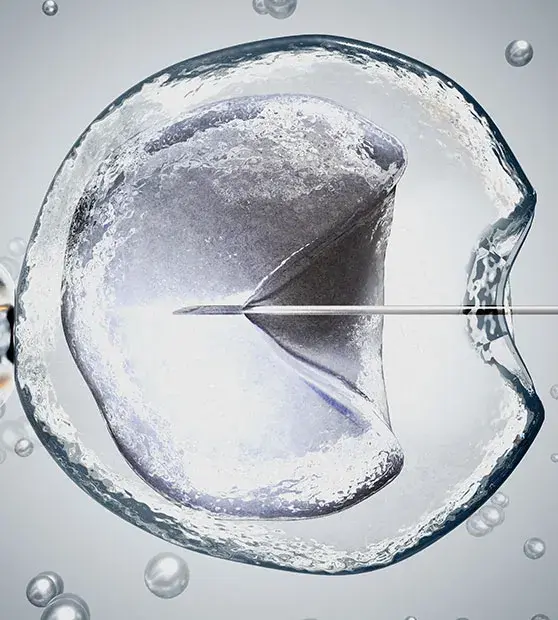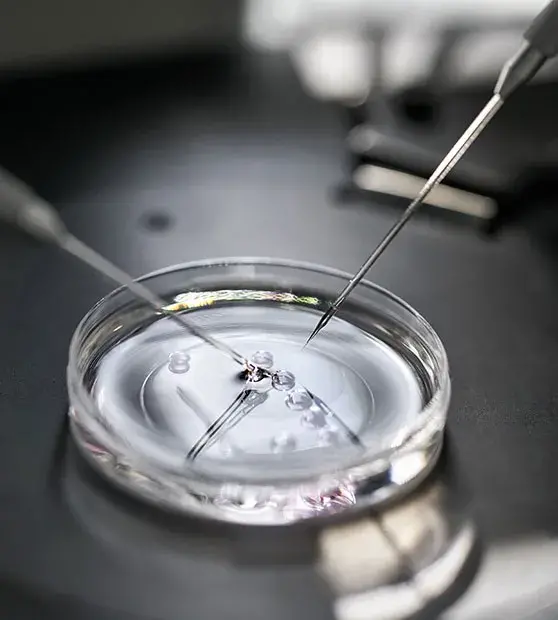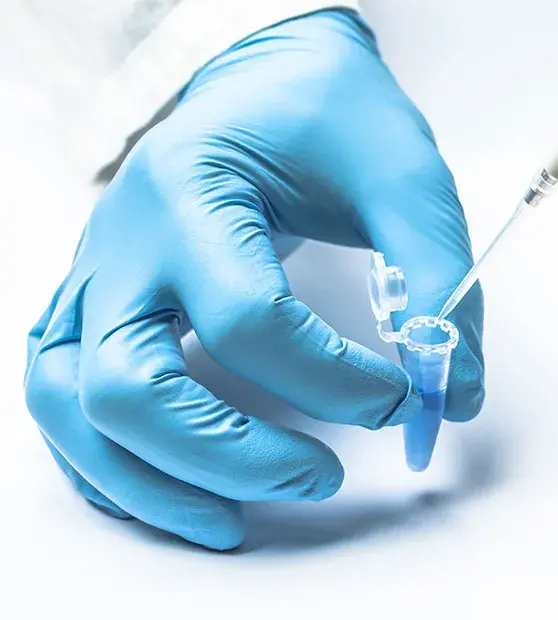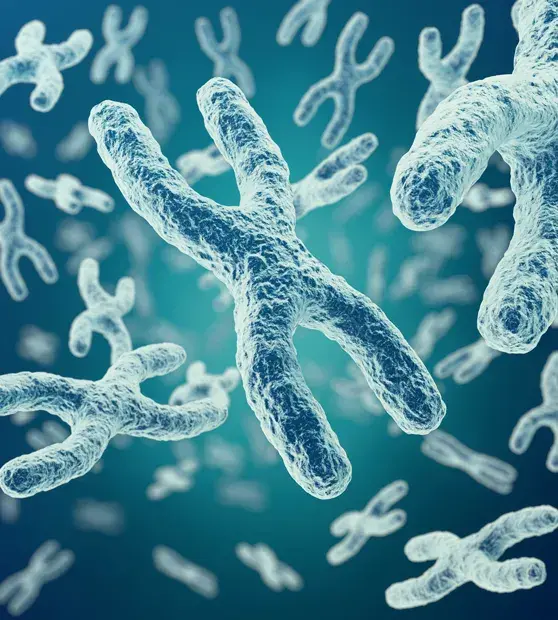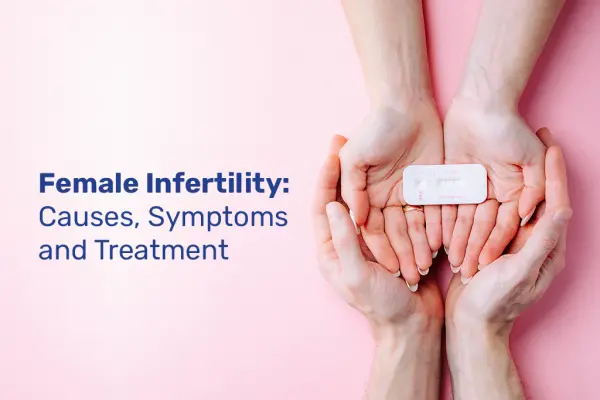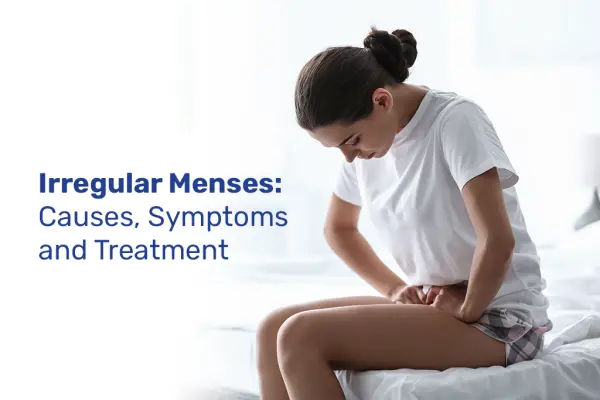Irregular period
An irregular period is when the menstrual cycle span suddenly falls outside the regular range (25-35 days). It is important that women should be informed that there is a large degree of variability in cycle length and cycle length changes with age. The classical 28 day cycle is the most common cycle length recorded but variability in this cycle length can still be compatible with ovulation and good health. There are also wide variations in the duration of menstruation.
- Irregular periods are characterized by a disturbed menstrual cycle (either missed, delayed, or intermittent).
- Amenorrhea is the absence of menstruation either temporary or permanent. It may be regarded as normal if prior to puberty, during pregnancy, when breastfeeding and when menopausal.
- Primary amenorrhoea is the failure to menstruate by the age of 16 in the presence of normal secondary sexual characteristics.
- Secondary amenorrhoea is the cessation of menstruation for six consecutive months in a woman who has previously had regular periods.
- Dysmenorrhoea is the medical term used to describe painful periods.
- Menorrhagia : Heavier menstrual flow.
- Intermenstrual bleeding: Irregular bleeding between menses (periods).
What are the causes of Irregular Periods?
The following are some of the possible causes of irregular periods:
- Polycystic Ovary Syndrome: PCOS is the most common endocrine disturbance that affects women.
- Hyperprolactinemia: Females with excessive prolactin levels in their blood may experience irregular menstrual cycles and anovulation.
- Thyroid dysfunction : Hypothyroidism / Hyperthyroidism .
- Poorly controlled diabetes: Periods may be irregular due to uncontrolled sugar levels.
- Eating disorders: Bulimia or Anorexia, can lead to abnormal or missed menstrual cycles.
- Stress may lead to physical debility such as weight loss which may result in menstrual disturbance.
- Exercise- related amenorrhoea: menstrual disturbance is common in athlete’s undergoing intensive training.
- Primary ovarian insufficiency: a baseline assessment for all women with irregular menstrual cycles should include a blood test for serum gonadotrophins including FSH, LH and estrogen levels .
How to diagnose irregular periods?
- Firstly, menstrual cycles should be recorded to detail the exact cycle lengths.
- A detailed medical history should be taken and a physical examination performed.
- Blood tests to assess hormonal status. These tests should include serum follicle-stimulating hormone (FSH) , luteinizing hormone (LH) and estrogen levels. A thyroid-stimulating hormone level (TSH) and serum Prolactin level should also be checked. For ladies who experience cessation of menstrual cycles despite previous regular periods, a blood test should be taken to exclude pregnancy (serum BhCG).
- Pelvic ultrasound to exclude pelvic pathology, for example, ovarian cyst.
- Hysteroscopy may be indicated to exclude uterine cavity abnormalities, such as adhesions (scar tissue).
How can irregular periods be treated or prevented?
The treatment required will depend on the results of the investigations and diagnosis.
For women wishing to conceive restoration of regular menstrual cycles and ovulation is the primary aim.
- Lifestyle modification: Healthy , balanced diet and exercise . The aim is to achieve a normal body mass index (BMI) .
- Treatment of any underlying medical conditions.
- Ovulation induction : clomid, letrozole, gonadotrophins .
- IVF/ ICSI .
It is important to see your healthcare provider if experiencing irregular menstrual cycles or changes to your cycle. Your healthcare provider will initiate the appropriate investigations and formulate a management plan specific to your requirements.
